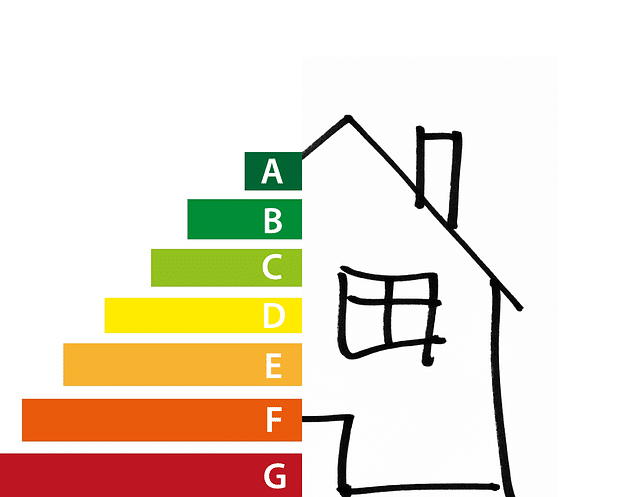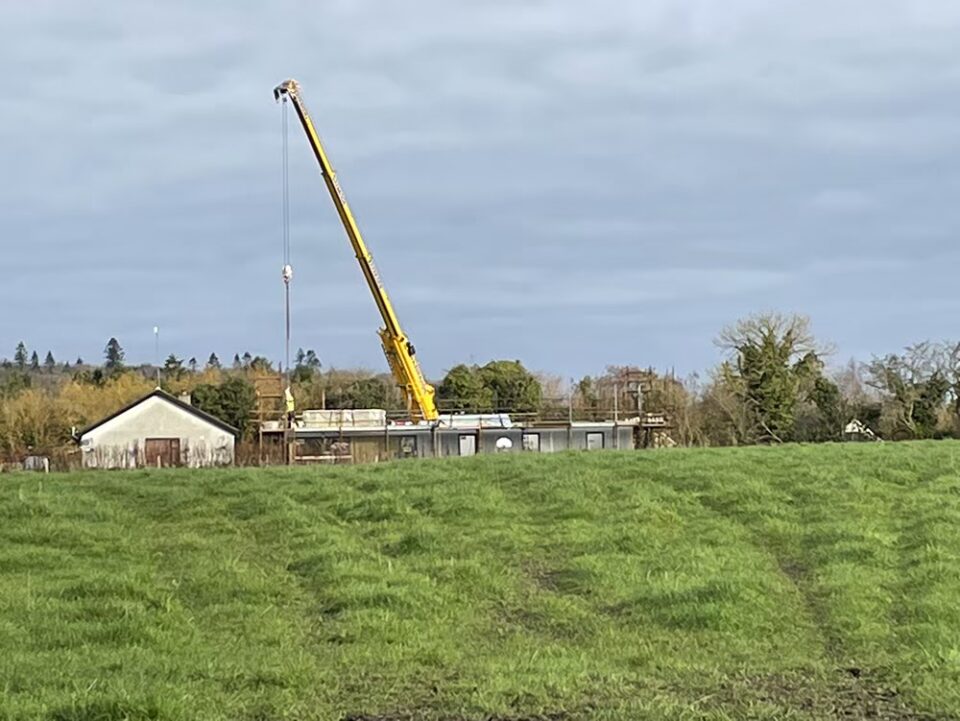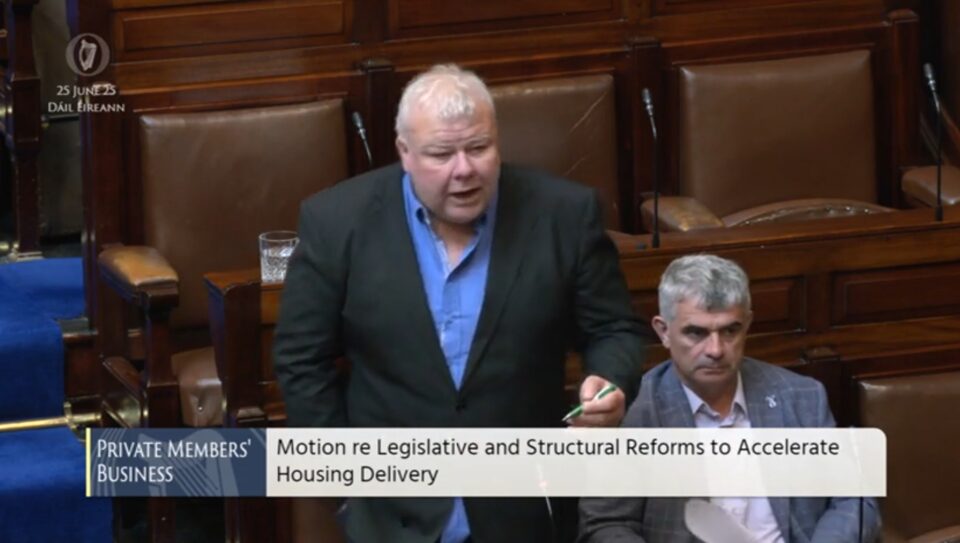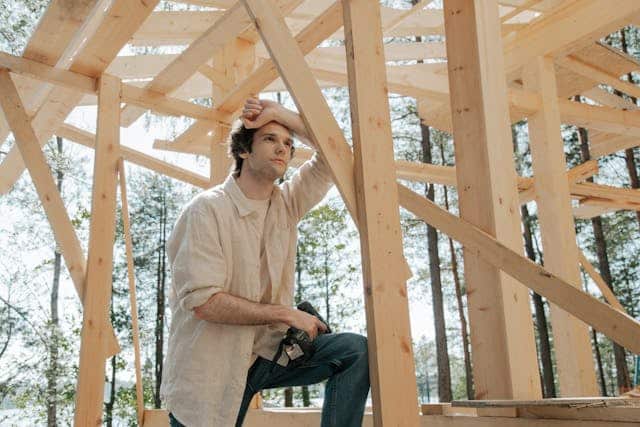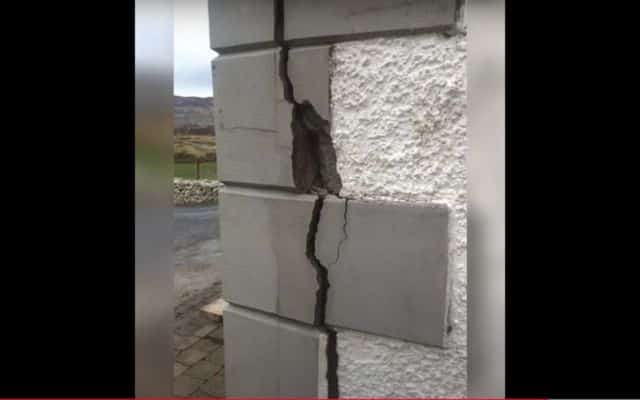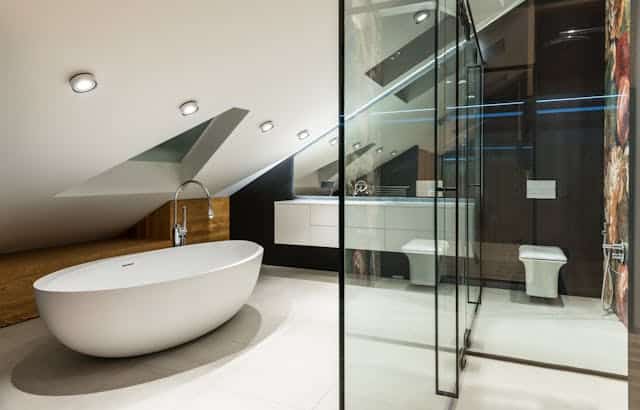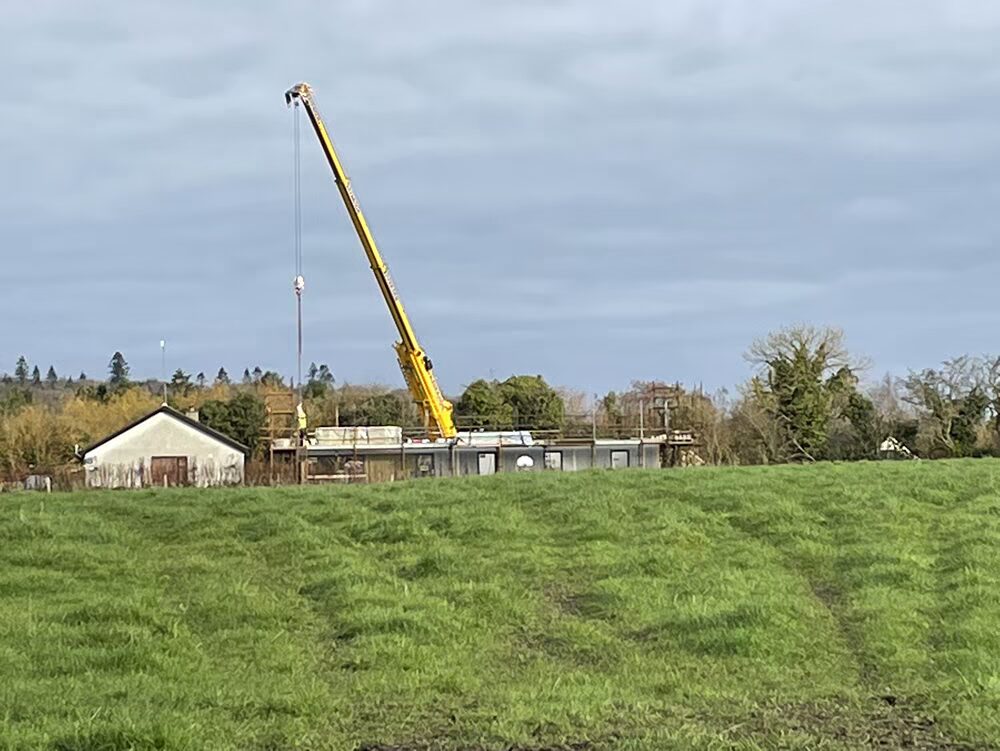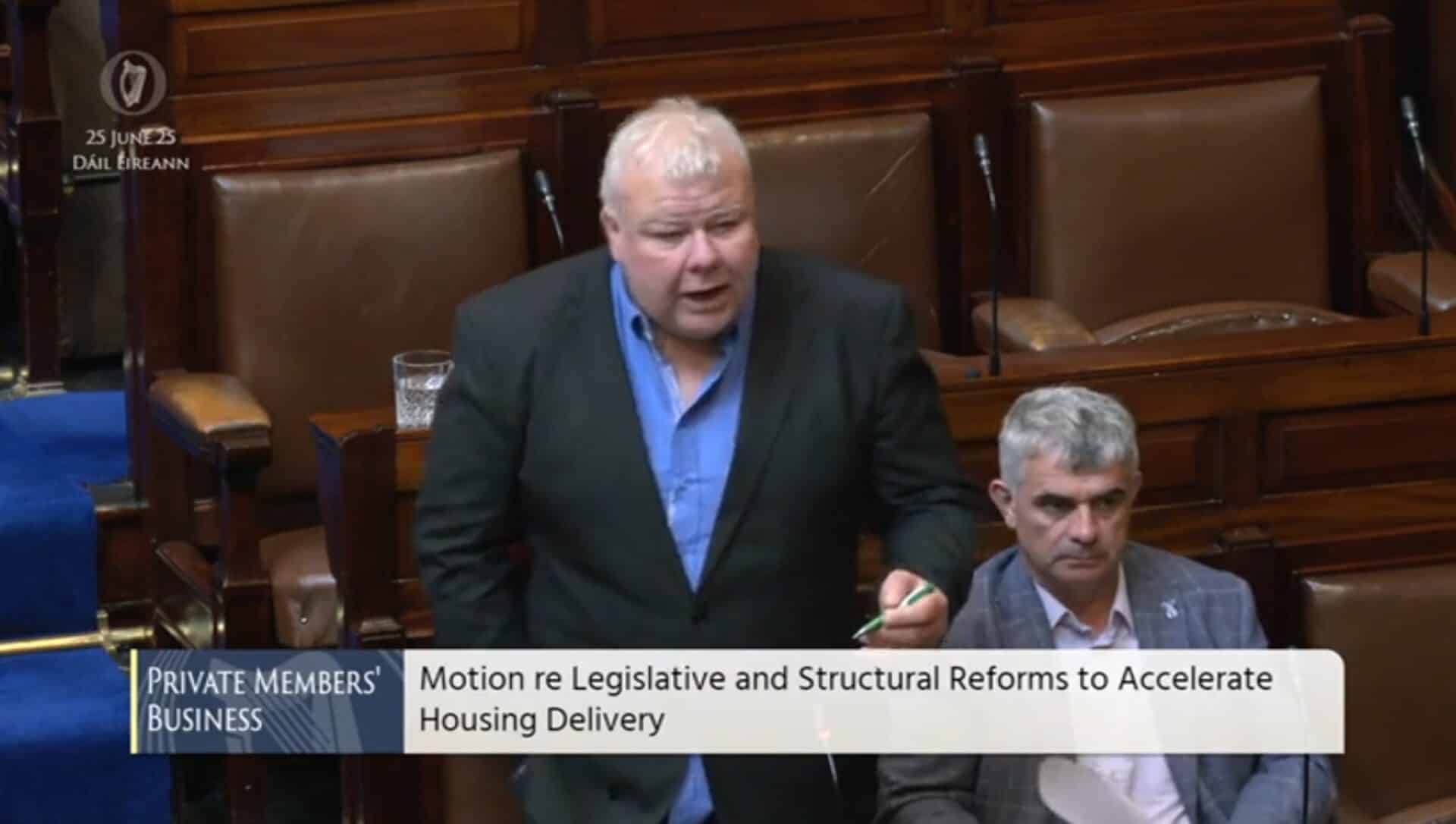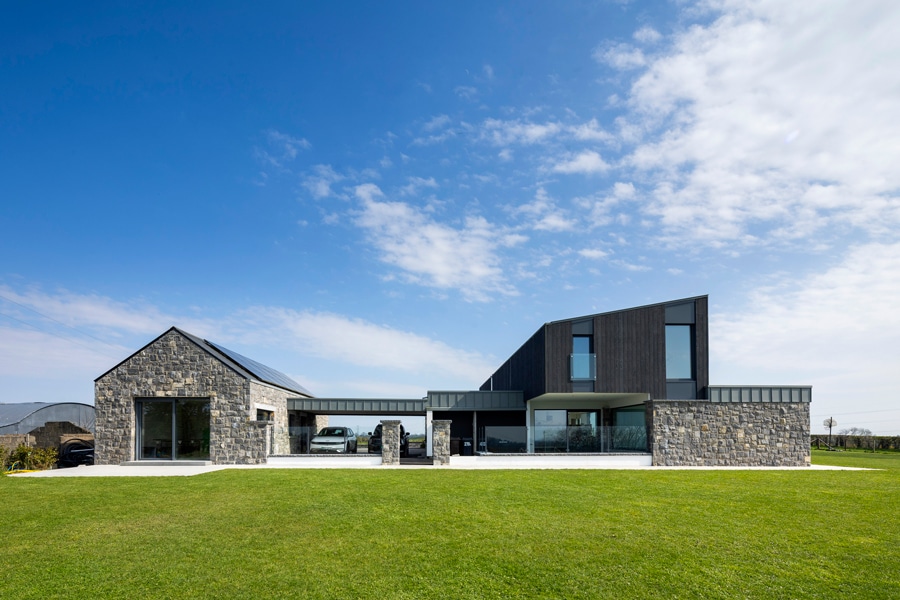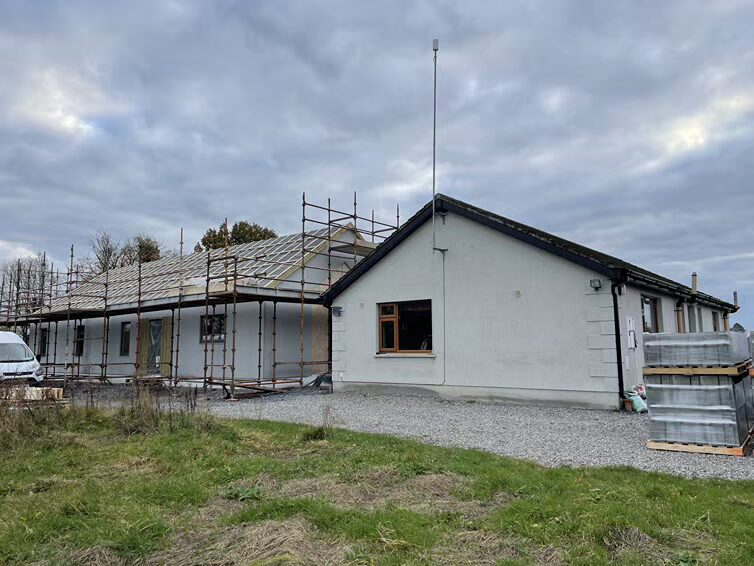In this article we cover:
- Why the promised May 2025 update to NI’s building regulations still hasn’t materialised
- What the Department of Finance’s public consultation proposed for new-build homes
- How planned changes could make oil boilers “unviable” in most new builds
NI self-builders are still waiting on a promised update to building regulations that could ban oil boilers in most new homes.
In April, Finance Minister John O’Dowd told the Royal Society of Ulster Architects (RSUA) that an update on energy-related building regulations would be published in May 2025. But two months later, the only publication released has been a fire safety amendment.
The changes were originally meant to take effect last year.
“Since DoF informed us of this update, no new publications have yet come through the dedicated page for Building Regulations and energy efficiency of buildings,” an RSUA spokesperson told Selfbuild.
They added that while the most recent update was issued in May, it didn’t cover the expected energy efficiency changes — and RSUA is likely to follow up with the Department of Finance soon.
The planned changes stem from a public consultation, which closed in December 2024, during which the Department of Finance released a discussion document and pre-consultation exploring energy efficiency and other aspects of building regulations.
The document, published in line with the Executive’s Energy Strategy, aimed to support the goal of ensuring all new buildings are “net zero ready” by 2026/27. It asked for feedback on possible changes to the rules around fuel conservation (Part F), ventilation (Part K), preventing overheating in homes, and adding electric vehicle charging infrastructure.
The document was put together with help from the Department’s Building Regulations Advisory Committee (NIBRAC), its technical subcommittee, and other relevant departments.
According to the DoF the aim of the public consultation was to help prepare for “quite significant changes”, including steps that would make conventional boilers using the highest carbon intensity fuels, such as home heating oil, “unviable” in most new buildings.
The public consultation explored:
- Phasing out high-carbon heating systems like oil boilers.
- A shift toward low-carbon solutions like air-to-water heat pumps.
- Considering the carbon footprint of building materials.
- Reviewing how energy use is calculated in buildings.

